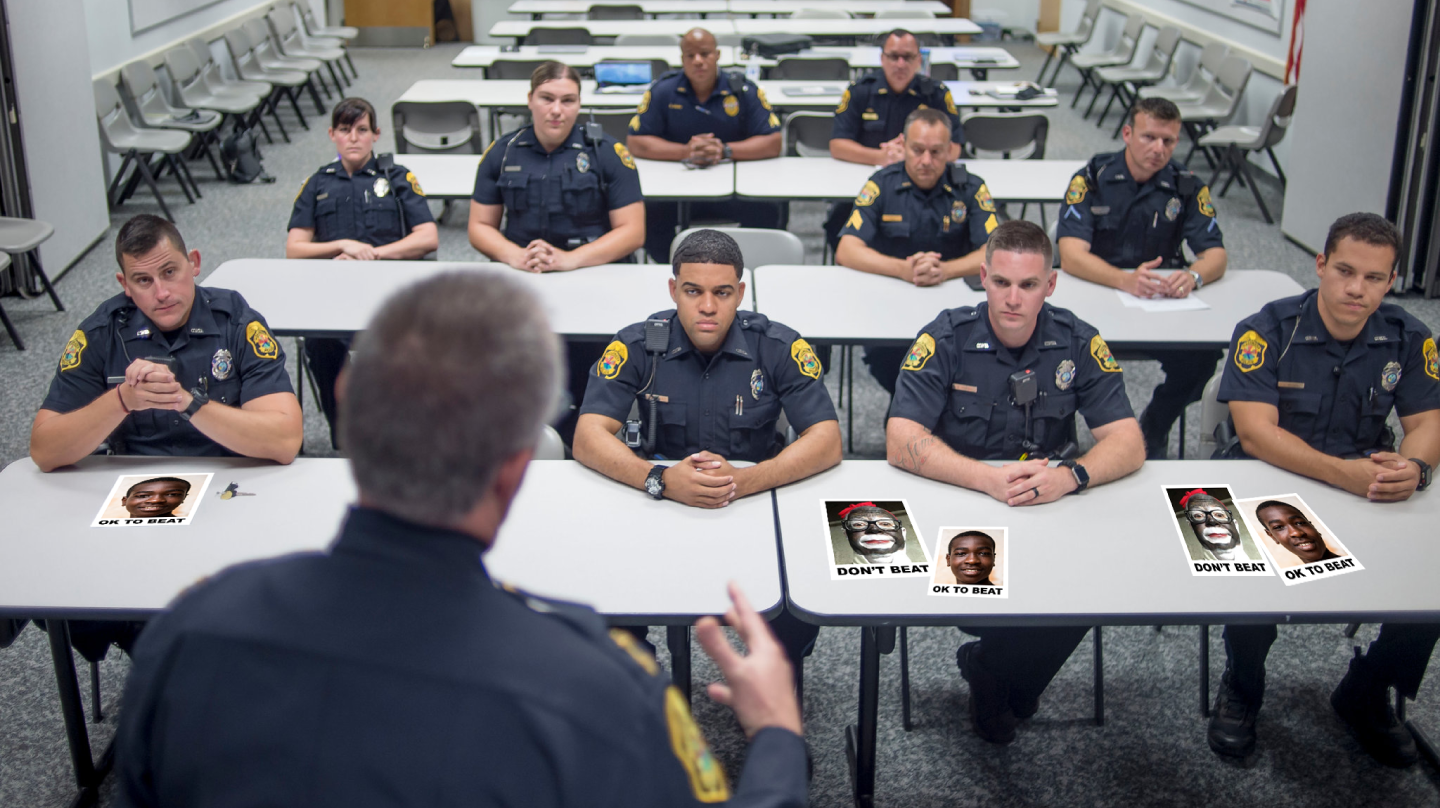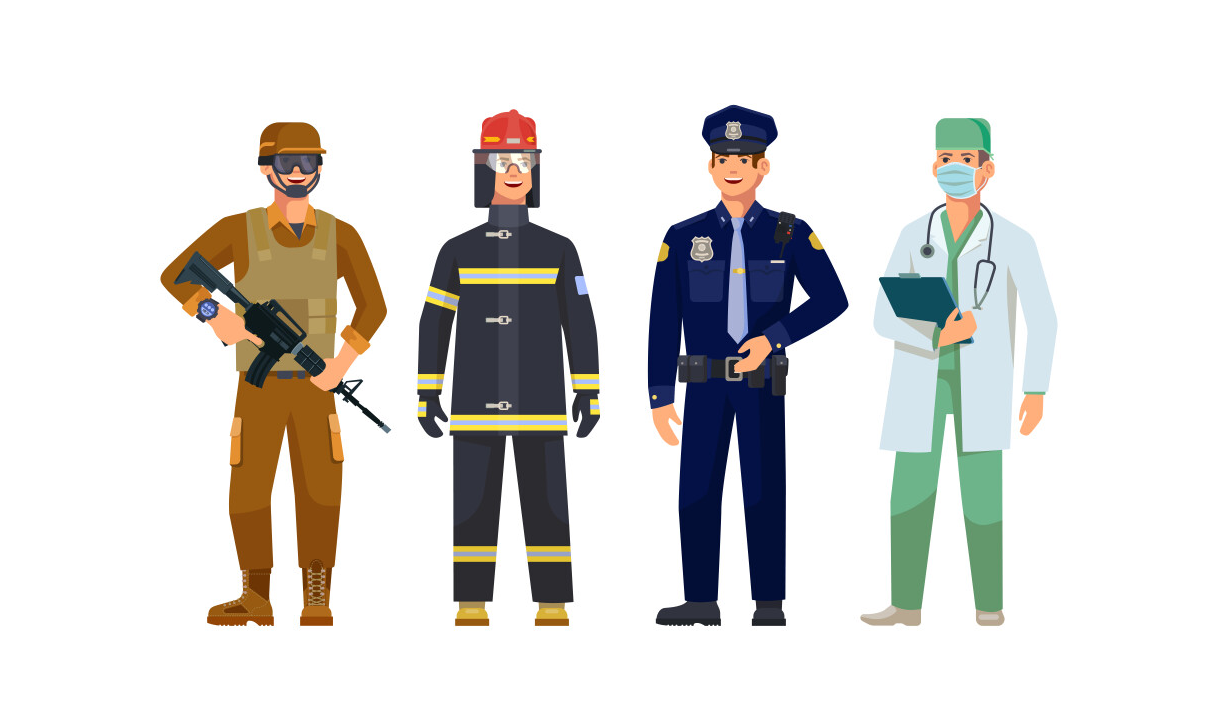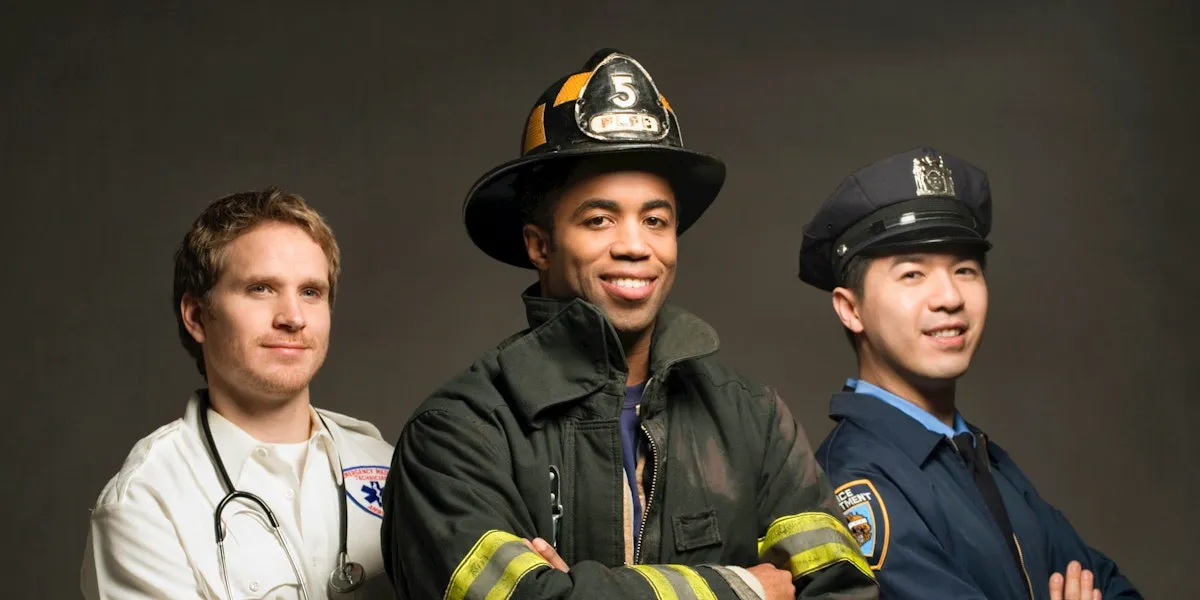The job of a police officer requires tough training, both physically and mentally. No amount of lectures, classroom instructions, or probable exercises can fully prepare a rookie for the realities of law enforcement. When you get to be in the scenario, you realize it is a lot harder than you thought. Being a police officer is an extremely sensitive job that comes with a huge responsibility, one you can’t afford to mess up at all. The gap between police academy training and real-world policing is something every officer experiences, and it is where true learning begins. Let’s learn more about the differences between police training and its reality.
Classroom Training: Theory and Procedures
The police academy is where the recruits spend months learning about the basic laws and regulations and arrest procedures. They teach rookies how to use firearms, and provide them with different scenarios where they have to act instantly. Theory and classroom recreations are controlled environments where every situation opens up predictably, and trainees know an instructor is watching their every move.
The Shock of the Real World
The life of a rookie, after leaving the academy and entering the field, is quite different. It shocks them with reality, not that they didn’t expect it to happen, but their minds take some time to process. Dealing with violent crimes and witnessing tragedies daily affects them emotionally and takes longer for them to get used to.
Learning on the Job
One of the biggest adjustments rookies face is learning to trust their gut feelings while balancing the regulations. Experience, mentorship from senior officers, and the ability to remain calm under pressure are essential. What the academy provides is basic learning, but street policing involves continuous adaptation, quick thinking, and emotional stability.
Real-World Community Engagement
One of the most challenging gaps that occurs between training and reality is interacting with the community. Training entirely focuses on serving and protecting the community. The human interaction factor is usually overlooked. Meanwhile, in reality, rookies require time and social skills to get comfortable enough to deal with new people.
Conclusion
While police academy training lays an essential foundation for recruits, the reality of policing is far more complicated and challenging. Ultimately, the real learning happens on the job, where experience, mentorship, and adaptability shape rookies into effective officers. If you wish to dig deeper into the life of a rookie and the things they encounter daily, you’ll surely love “The Double Deuce” by H. Roc Traylor. This book is based on the life of a rookie policeman learning his job and understanding what it entails and doesn’t. After completing his military obligations, he seeks an honest way of making a living, never realizing that this job is more than just a job.
Available on Amazon.








